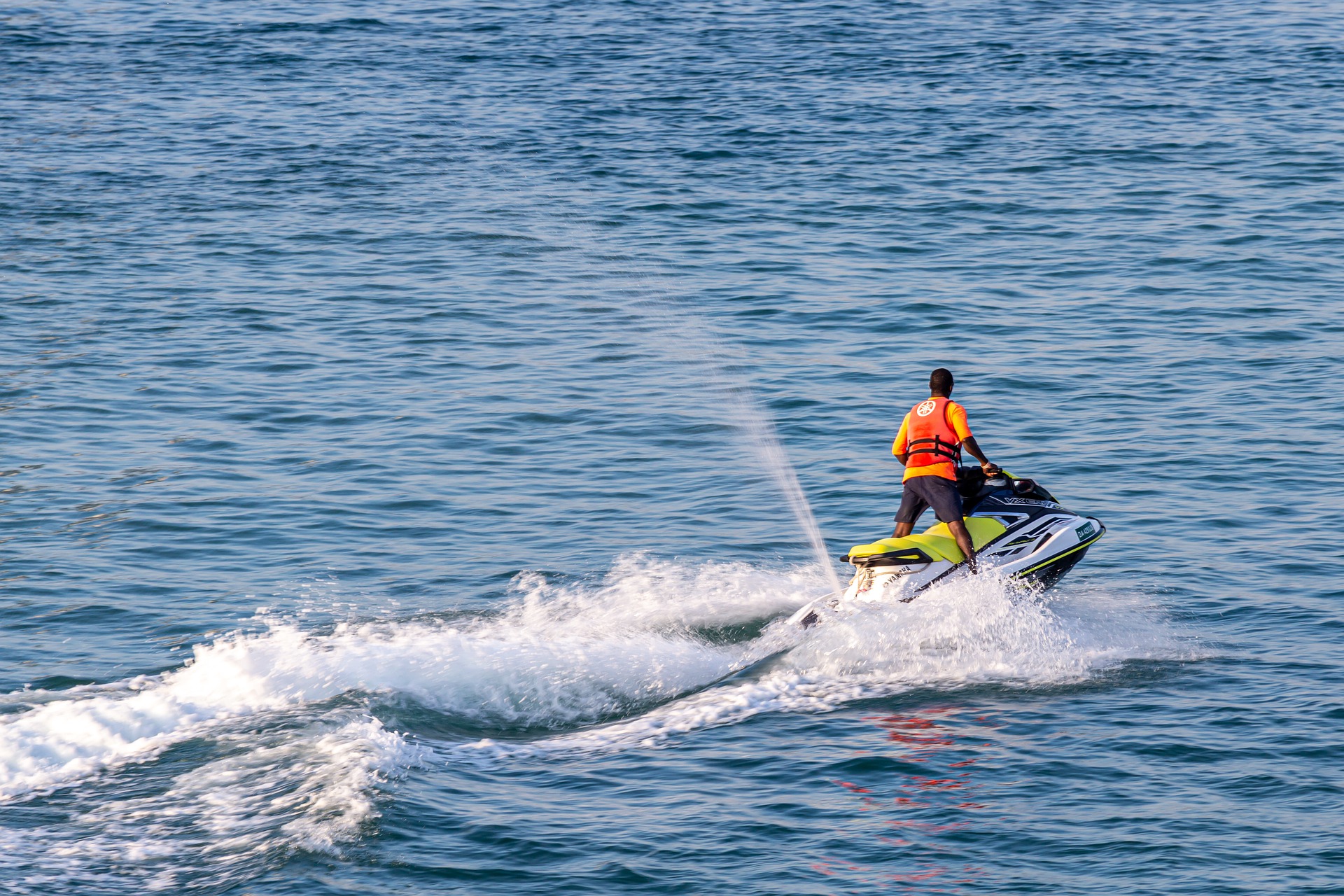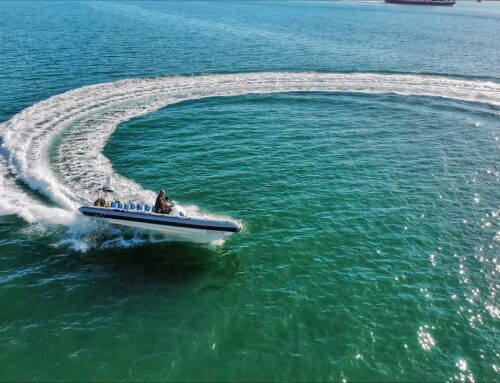These days, it is not uncommon to be required to sign a waiver before participating in any activity. Whether taking an exercise class, joining a sports team, renting a kayak or heading on a trip with your local church – waivers of liability are signed.
Most individuals assume that if they signed a waiver of liability, they cannot bring charges against the corporation, event manager, or organization responsible. However, although a waiver may make your legal argument a bit more complex, the presence of the document does not automatically absolve them from liability should you get injured while participating. Because of the nuances of these documents, it is recommended that you retain a qualified attorney before pursuing your case.

What are Liability Waivers?
A liability waiver typically states that if you are injured (or even killed) while participating in the activity outlined, that you or your family cannot hold the organization liable for any damages. The waiver states that you understand that the activity poses some risk, and that you accept the risk personally.
However, the existence of a signed waiver does not absolve any party from acting responsibly. In other words, the document essentially states that you accept all responsibility assuming that the ride, attraction, or event is carried out in a safe and responsible manner. The parties which host the activities must always do so with skill, care and diligence. If they are negligent, you may have a case even if you signed a piece of paper.
For instance, if you were to rent a jet ski and head out for the day, you may not have a case if you simply fall off the vehicle and are injured. If you are operating the vehicle in an unsafe manner – such as exceeding the posted speed limit, riding in restricted areas, or riding with too many people on the jet ski – the accident will likely be proven to be your fault and therefore you will have no case.
However, if you are operating the jet ski as instructed and the engine catches fire and you are injured, you will most likely have a case for negligence, as the provider of the service did not provide safe equipment.
If you are on public property and fall in a hole which was not clearly marked, you most likely have a case. However, if you climb over a fence which was marked “Danger” and sustained injury, the property owner is not liable.
You also may have a case if the person who signed the waiver was a minor, as these must be signed by a legal adult. If you signed a waiver under the influence of drugs or alcohol, you may also have a case, as companies and organizations are not allowed to accept a waiver from an impaired person. Another possible problem with liability waivers is if they are overly complex and not likely to be reasonably understood by your average signatory. Someone renting a piece of equipment is responsible for reading what they sign, but if the language is confusing or purposefully misleading, a lawsuit may be appropriate.
In conclusion, no business is allowed to operate in an unsafe way. They have a responsibility to protect your health and safety as much as is reasonably possible. But there is an expectation that the visitor also act in a lawful, safe, and responsible manner.
If you have been injured after signing a liability waiver, call Probinsky & Cole for a consultation. We will review your case and apprise you of your legal standing.







